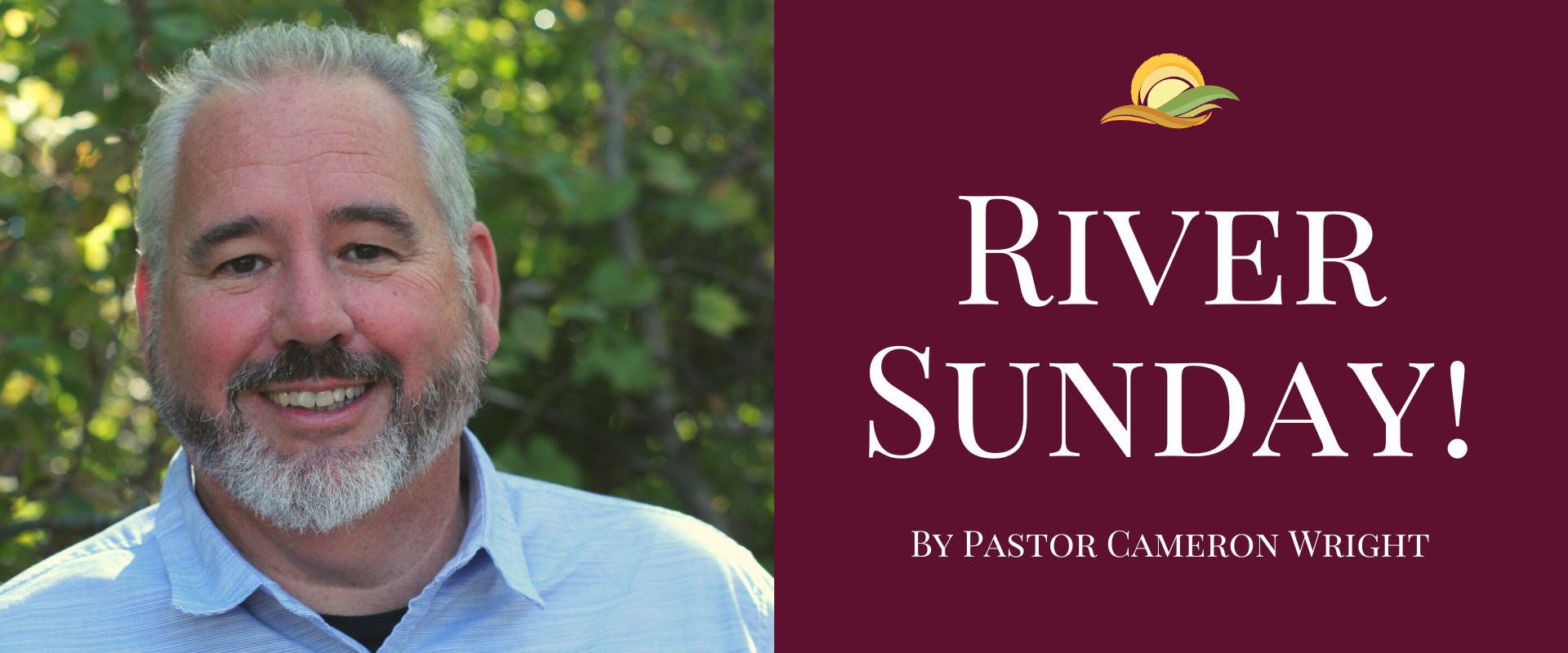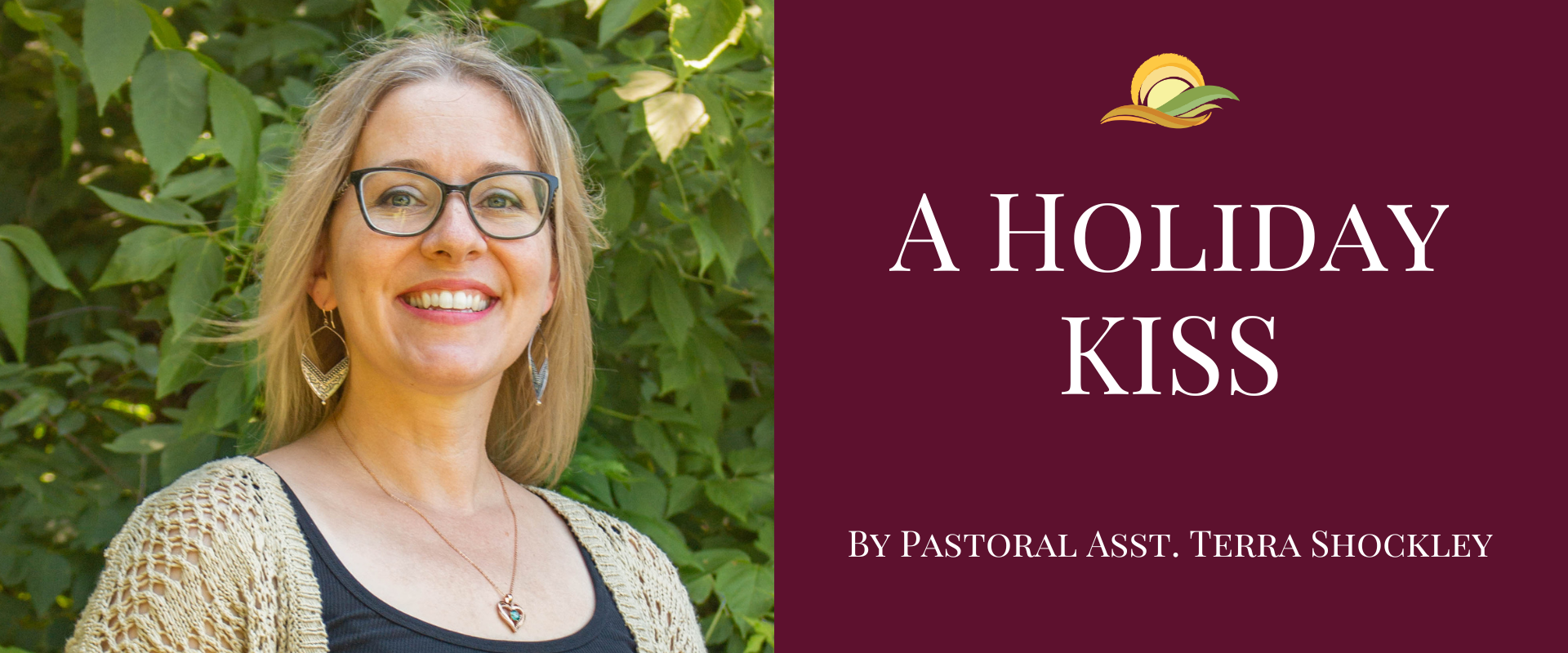I love roses. Over the years, God has used my love of roses to remind me of his presence. On a number of occasions when I needed him, he would “send” me some roses. It is like he was saying, “See these roses? I made them for you. I haven’t left you. I’m still here with you. I love you.” Whenever I see roses, I am reminded of the many times God has encouraged me, protected me, provided for me, and spoken the exact thing I needed to hear at the perfect moment.
The Lord encourages us to remember his goodness. God told Noah that rainbows would be a sign of his covenant to never destroy the earth with a flood again (Genesis 9:12-26). After an intense encounter with the Lord in his sleep, Jacob used the stone he was sleeping on to make a pillar of remembrance (Genesis 28:10-22). Joshua commanded the Israelites to gather twelve stones from the Jordan River after they crossed it on dry land, in order to create a memorial for future generations to remember God’s amazing miracle (Joshua 4:4-7). Jesus instituted Communion as a way for all of us who believe to remember him (Luke 22:19-20). Over and over again, we see in Scripture the importance of remembering what the Lord has done.
There is great value in remembering the ways in which we have encountered the Lord. We may not have access to large stones, like the Israelites. We can, however, make our own memorials by recording these experiences in a journal or on a smartphone’s note-taking app. This is a simple, practical way to create little reminders. When times are hard, being able to look back at the ways we have seen God move in our lives can be pivotal.
The goodness of God is all around us. I pray that we notice, remember, and are encouraged.





















